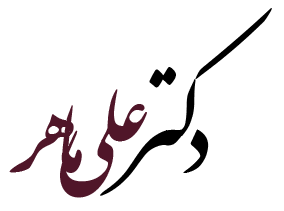Health is a universal human right and a basic human need. The most important goal of the healthcare system is to improve the health of communities1 and increase responsiveness2 to needs and create financial justice1. One of the major challenges of developing countries is that, despite resources constraints, every citizen continues to receive proper health services2. Access to health services is defined as the right of citizenship in most countries, which has a great impact on health outcomes, and changes the prevalence of the disease and the life expectancy index3. One of the most important indicators of evaluating a safe and effective health system is accessibility3. The goal of many governments and countries is to reduce injustice in the health system by creating a fair distribution of services1,4.
“Access to a healthcare system means the ability of individuals to gain the proper health services without any obstacles at the right time. Barriers of access to health services include economic factors, inaccessibility of healthcare services providers, long travel distances, long waiting time. Providing health services based on community need has become a major challenge for policymakers
Achieving fair access to health services remains as an unattainable goal. According to the statement of the World Health Organization, justice means the absence of compensable and avoidable differences in different groups of the population, which are distributed based on economic, social and geographical indicators
To read the whole article please download the pdf

